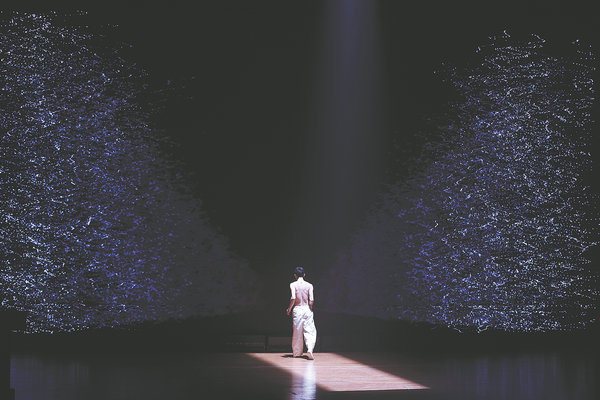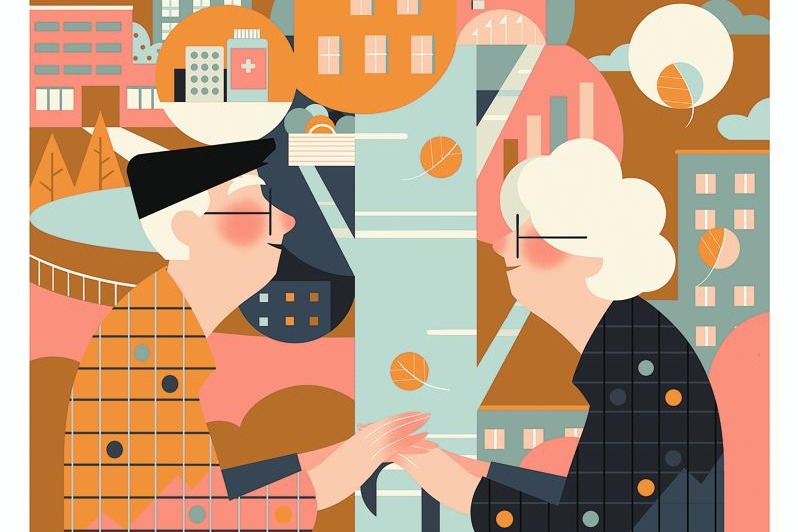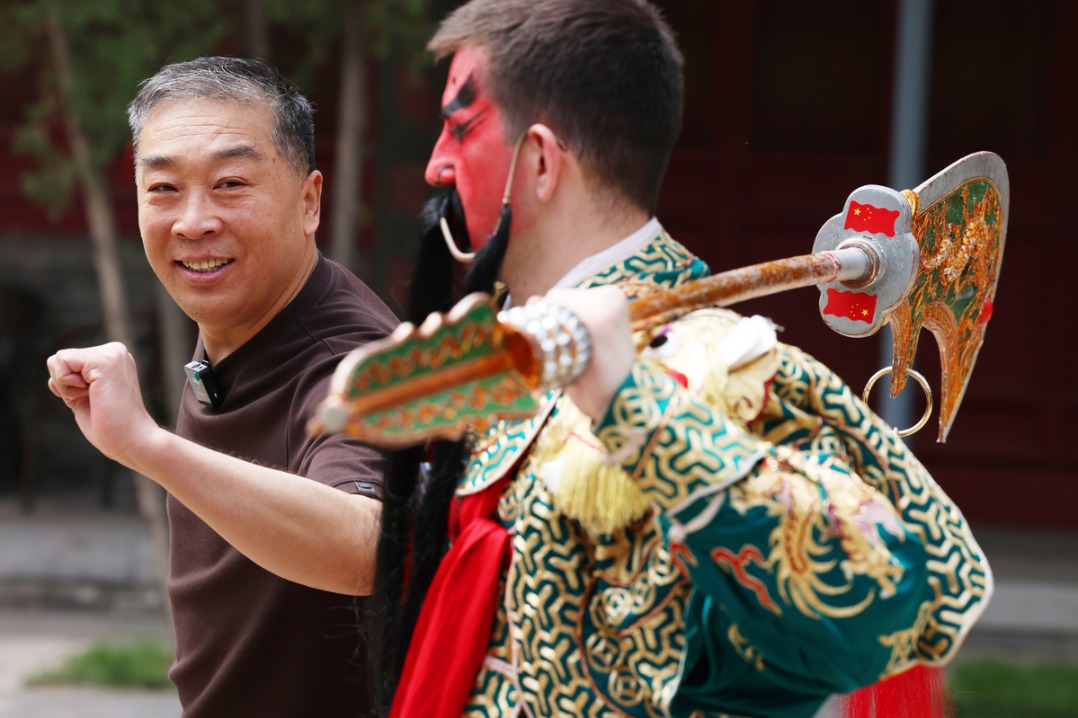AI sets new musical boundaries
By Chen Nan | China Daily | Updated: 2566-07-11 11:10

Other highlights of the concert included Starry Night, a composition by Sun Yuming which showcased AI's deep learning ability to capture guzheng performers' gestures and expressions. Drizzle Path, composed by Zhao Yixuan, highlighted the use of AI algorithms to generate new timbres.
"From the start, it was always clear to us that we wanted to approach AI as an assistive technology, not a replacement technology. If AI is used merely as a tool by human artists, it can be seen as just another technological progression in music creation," Zhao said.
A composer and synthesizer musician, whose compositions mainly focus on electroacoustic, interactive and contemporary music, Zhao is currently a post-doctoral researcher at the Central Conservatory of Music.
Li, from the Conservatory, said the institution has launched its AI technology to create children's songs.
In June last year, Kugou, an online music streaming platform owned by Tencent Entertainment Group, introduced its first AI singer.
By learning to reproduce singer-actress Yang Chaoyue's voice, the AI performer not only boasts singing ability, but also imitates human emotions to sing like a real person. Kugou used the technology to release new songs performed by the AI singer imitating pop stars such as Teresa Teng (1953-95) and Anita Mui (1963-2003).
On June 15, NetEase Cloud Music, a mainstream online streaming platform, announced its latest AI singer technology, which generates highly expressive singing voices. A virtual music label, WOWAIDO, was also launched, featuring 12 virtual singers and three new songs.
Discussion of AI technology intensified in May, when Singaporean pop singer Stefanie Sun became a hot topic on Chinese social media platforms due to an AI version of her voice.
More than 1,000 music videos featuring Sun's "voice" created a buzz after they appeared on the popular Chinese video-sharing platform Bilibili. In addition to "singing" in Sun's voice, the AI software replicated the voices of other singers, including Chinese pop star Faye Wong and Singaporean singer-songwriter JJ Lin.
As well as those who are either amazed by the AI technology or claim it is a form of "cheating", legal professionals have voiced concerns about the possibility of rights infringements.
Li said: "Technology has been transforming music, and art broadly, for generations. For example, when MIDI (Musical Instrument Digital Interface) appeared in the 1980s, there were numerous discussions about it, similar to those today about AI technology. Such discussions will never end, due to the rapid emergence of more new technologies. Musicians are already using AI to their advantage in creative ways.
"The power rests with the person using the technology. Artists still make choices about style and instrumentation. They can edit, cut and paste, delete and play with the 'stems' the AI generates. They are still the creators, and are just using a modern technology for ideas."
























